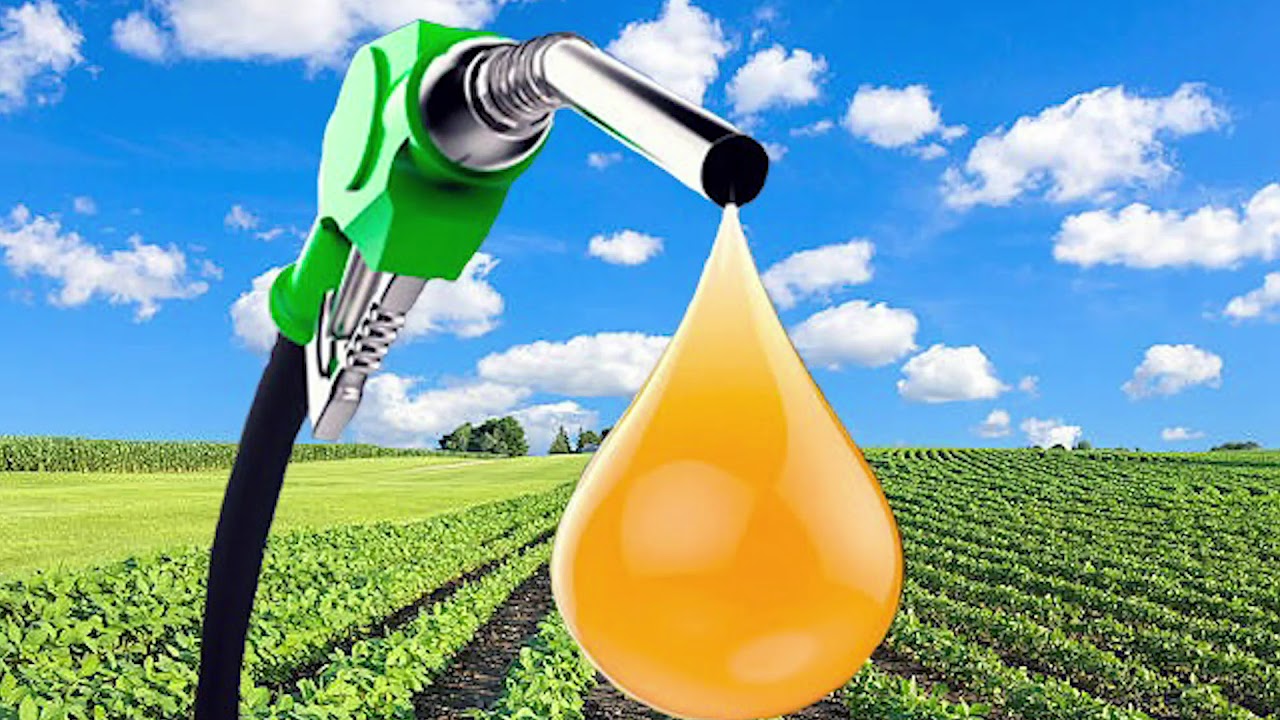Introduction
Biofuels have gained considerable attention in recent years as a renewable substitute for conventional fossil fuels used in transportation. Several countries have promoted the use of biofuels to reduce greenhouse gas emissions and decrease dependence on imported fossil fuels. This article discusses the various types of biofuels used around the world along with their advantages and challenges.
First Generation Biofuels
The first generation of biofuels includes ethanol produced from sugar and starch crops as well as biodiesel from vegetable oils. Ethanol is mainly produced from corn and sugarcane while biodiesel is commonly made from soybean and canola oils. Brazil and the United States are the largest producers of ethanol respectively made from sugarcane and corn. Biodiesel production in Europe relies heavily on rapeseed oil. Some key advantages of first generation biofuels include the utilization of existing vehicle infrastructure and the reduction of fossil fuel usage. However, their large-scale production also competes with food crops for agricultural land.
Second Generation Biofuels
With the challenges associated with first generation biofuels, researchers are working on developing second generation biofuels sourced from non-food biomass. Lignocellulosic biomass like agricultural residues and waste wood provide opportunities for sustainable fuel production without competing with food. Brazilian sugarcane bagasse is already used for second generation ethanol production. Cellulosic ethanol can be commercially produced through biomass pre-treatment followed by fermentation. Research is also examining algal-based biodiesel which does not require arable land. While second generation biofuels offer environmental benefits, their commercialization still requires technology improvements to be economically viable.
Third Generation Biofuels
The third and latest generation of Biofuels leverages algal biomass which can potentially yield high lipid content for biodiesel production. Algae cultivation does not require fertile cropland and can use non-potable water and wastewater. Several strains of algae are also suitable for producing cellulosic sugars. However, scaling up algal growth and developing cost-effective harvesting techniques remain bottlenecks. Synthetic biology approaches are also being studied to reengineer algal strains or engineer new organisms for improved biofuel generation. More research prototypes and pilot projects need to demonstrate the technical and commercial feasibility of third generation biofuels.
International Biofuel Policies and Sustainability
To promote the local production and use of biofuels, many countries have introduced regulatory policies including blending mandates and tax incentives. The European Union adopted a directive requiring 10% renewable energy use in transportation by 2020. The United States implemented the Renewable Fuel Standard calling for 36 billion gallons of renewable fuels annually by 2022. While supportive policies have boosted investments, debates exist around the environmental sustainability of large-scale biofuel production. Factors like indirect land use change, greenhouse gas balances, and impacts on biodiversity and food security require evaluation to develop sustainable national and global biofuel strategies. Certification programs also aim to promote environmentally responsible fuel crops.
Biofuels have emerged as an important renewable energy sector for addressing challenges of energy security and climate change mitigation. Technological advances continue to improve biofuel yields and reduce costs. Future research on non-food feedstocks and advanced production pathways can help optimize land use and environmental performance. Sustainable policy frameworks and global cooperation will play a key role in facilitating large-scale commercialization of environmentally sound biofuels. With targeted efforts, biofuels have tremendous potential to transition the transportation sector towards cleaner energy sources.
*Note:
1. Source: Coherent Market Insights, Public sources, Desk research
2. We have leveraged AI tools to mine information and compile it



